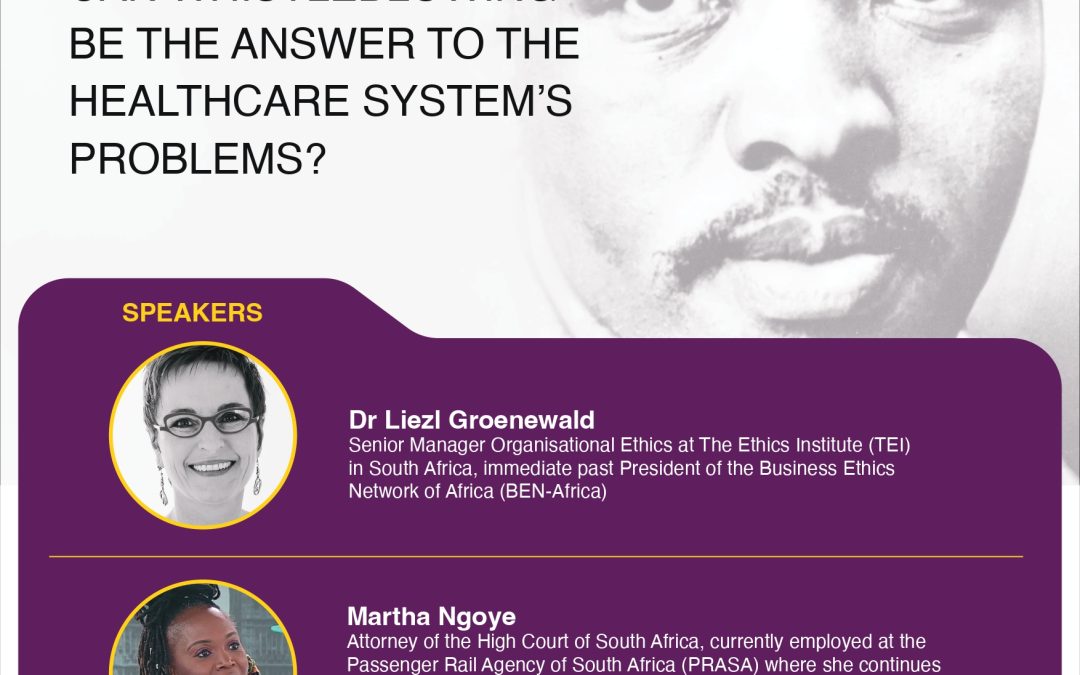
PsySSA Workshop Series 2023: Workshop 6: Using DBT with Multi-Diagnostic, Difficult to Treat Clients

About this workshop:
Chronically suicidal, self-harming and dysregulated clients live in a world of unrelenting crisis. Their attempts at solving problems often lead to dire emotional, physical and relationship consequences. Dialectical Behaviour Therapy (DBT) was developed as a multi-modal intervention with these challenges in mind.
Session 1 will focus on providing a framework for formulating and treating clients who have difficulty regulating emotions.
Session 2 will build on the foundations of session 1 and explore the use of DBT in individual therapy. The aim of these sessions are to provide participants with tools they would be able to apply their practice, regardless of the context.
PsySSA Workshop Series 2023: Workshop 6: Using DBT with Multi-Diagnostic, Difficult to Treat Clients
Meet our Presenters

Werner Teichert is a clinical psychologist based in Sydney, Australia. He is a full member of the Australian Psychological Society (APS) and Fellow of The College of Clinical Psychologists (FCCLIN).
Werner was trained in Dialectical Behaviour Therapy (DBT) by Behavioral Tech, in Rational Emotive Behaviour Therapy (REBT) at the Albert Ellis Institute in New York and in Cognitive Behaviour Therapy (CBT) by The Beck Institute.
As the managing director of The South African DBT Institute and Australian DBT Central, Werner has dedicated the last decade to treating clients with Borderline Personality Disorder and training and supervising practitioners to use DBT effectively.











